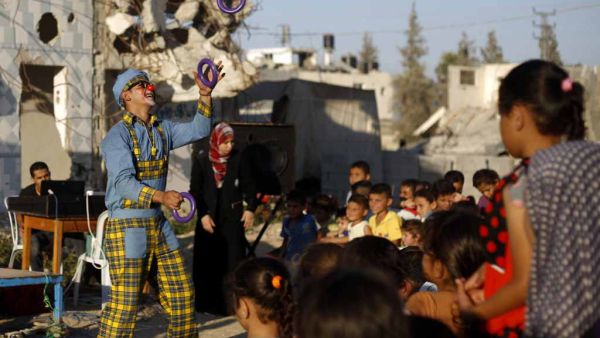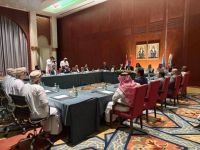Returning to Gaza
The 50-day war between Israel and Hamas had just begun when I entered Gaza on July 10, 2014. A year later I find myself back at the iron gates leading to the Erez border crossing. Everything is different. And everything is the same.
Today beyond the vast terminal, you no longer hear the echo of explosions from Israeli artillery or the sound of drones. You no longer see the white trails of Hamas rockets fired from Gaza towards Israel throughout the conflict.
Breaking bread and stereotypes: the virtual iftar project
It is not surprising that gaining a glimpse into a foreign culture shrouded in mystery and riddled with negative stereotypes can quite drastically alter one’s perception of the Other. The recent #mecca_live story on Snapchat brought this reality home. The brief clips depicting scenes from the holy city of Mecca elicited an outpouring of respect and admiration for the Muslim faith on social media, and the realization that media portrayals so often obscure, distort, and demonize marginalized groups.
Queer as Iraq
Iraq. Queer. It’s not until you see the words next to each other that you realise: they want to meet. The Q – ending one word, starting the other off – connects them, turns them into a compound noun. IraQueer.
But there are more than linguistic reasons for the two to meet. Iraq is home to 35 million people: many among them, like in any country, do not identify as straight or fit into society’s heteronormativity. Iraq is their home, and should be their safe place too. Yet, it’s not. People who are gay, lesbian, bisexual, trans, queer or intersex are facing targeted threats, oppression and killings – in addition to the hardships shared among all Iraqis who are have lived through sanctions, war and today’s conflict.







